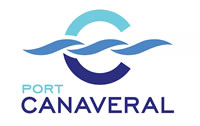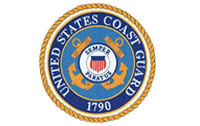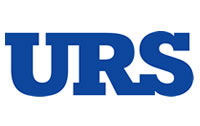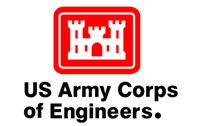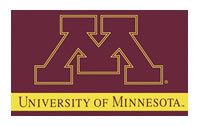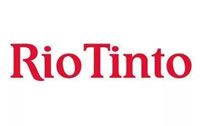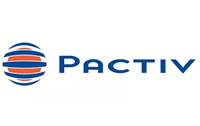In my consulting practice, I was working with a company on scheduling and productivity issues on their multiple production lines. Primarily they were concerned with keeping up with the workload and availability of resources – having enough employees and contractors with the required skills and raw material availability. In addition, we discussed having an effective core management process for planning, scheduling, and executing work.
When you find yourself in this situation you need to look at the leadership team before you look at the work center level. Every time I observe an organization with this problem, I know that the cause is not what people are being asked to do or the people being asked to follow directions.
The main cause of the problem is a lack of accountability. Accountability to communicate what needs to be done. Accountability to provide what people need in order to get it done. Accountability to let direct reports know they are, or are not, carrying out tasking correctly.
While talking with the leadership team, one of the leaders asked, “How do you get people to accept accountability?” I answered his question with a set of questions:
- Are you accountable? Do you model the behaviors you expect from the people that report to you?
- Have you defined what accountability means for each leadership position?
- Have you made sure everyone has the direction and guidance they need?
- What happens when an accountable person makes a judgment call, and it is a mistake? Are they chastised, berated, or shamed?
- What happens when an accountable person performs well? Are they given positive feedback?
A senior person’s job is to remove barriers for subordinate persons. Enable them to do their jobs. In cascading leadership levels, the senior person needs to be accountable for the performance of their direct reports. Each direct report must be accountable for the performance of their direct reports.
Organizations that have historically not been good with accountability practices will take longer to straighten out their accountability issues. Even organizations that have traditionally been good at accountability can have lapses after new hires or promotions.
How do you instill accountability? First, raise awareness of the critical importance that accountability has in the efficient and effective performance of an organization. Second, model accountability for your direct reports. Require your direct reports to do the same for their direct reports. If you’re the plant manager or a work center supervisor you can do that. Take ultimate responsibility for the performance of your team. Third, assess current direction (mission, vision, values, and objectives) and guidance (policies, plans, processes, procedures, and measures). Identify and correct gaps; correct direction gaps first, then highest to lowest guidance. Fourth, support your direct reports that are accountable people. Encourage them to require their direct reports to follow direction and guidance. Praise them for a job well done when things go well for their team.
You’d be surprised how fast a culture of accountability can be put in place. The challenge will always be replenishing accountability as people rotate into and out of leadership positions. You just need the awareness and fortitude to support accountability. Go forth and do great things.
Author: Thomas Moriarty,
Published in Plant Services Magazine, Feb 9, 2021

